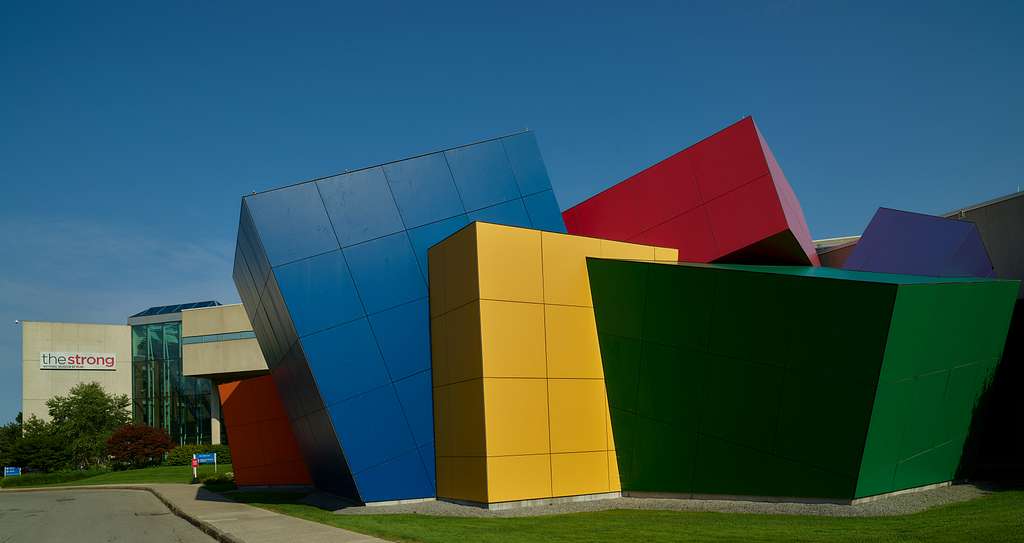Some of the Analog Game Studies editorial board is headed to Rochester, New York to attend the first ever Conference on BIPOC Game Studies hosted at The Strong National Museum of Play. Our panel is entitled “Diversity, Citational Justice, and Analog Game Studies: A Roundtable” and the abstract reads:
In the inaugural issue of Analog Game Studies (AGS) in 2014, editors Aaron Trammell, Emma Leigh Waldron, and Evan Torner wrote that “analog games hold the potential to allow a new and different set of voices into design processes, voices which might resist the pathological displays of racism, sexism, homophobia, and violence native to the video game industry. In addition, analog games are…marginal and estranged from demands made by the conventional publishing industry…Because the impetus is on invention as opposed to industry, analog games epitomize the potentials of a design ethic [that] does not pander to over-generalized market demographics.” Since the journal’s inception, AGS has worked to invite, discover, develop, mentor, and foreground scholars, designers, artists, and players from a range of disciplines, institutions, geographical locations, and stages of career. The journal regularly publishes essays on tabletop role-playing games, board games, card games, live-action role-playing, actual play, and gaming communities with an emphasis on analyses of race, gender, sexuality, disability, and other identities, materialities, and embodiments in analog games. Now, over a decade later, Analog Game Studies continues its interdisciplinary mission to provide “a periodically published platform for the critical analysis, discussion of design, and documentation of analog games. By offering sharp narratives that highlight the most interesting features of individual games, we hope to increase the visibility of analog games within the sphere of game studies.”
This roundtable brings together the editorial board of Analog Game Studies, including founding members, new editors, and editorial interns, to discuss the current state of game studies scholarship, publication, professionalization, as well as the intersections with game design, industry, technology, and popular culture. In particular, while game studies as a field is growing and changing, much of game development, marketing, and criticism is still largely white, normative, and homogenous. According to the Citational Justice Collective, scholars and researchers must “recognize the knowledge contributions of less dominant, routinely overlooked voices. Pursuing citational justice, then, entails moving away from individualistic views of authorship and toward a shared, reciprocal understanding of how knowledge is produced.” Therefore, this roundtable hopes to outline and explore:
- Organizing, maintaining, promoting, and archiving an online, academic journal; navigating economic, cultural, and institutional landscapes and pressures
- Editorial and peer review philosophies that center mentorship and collaboration, challenge current models of academic publishing, and embrace diversity and interdisciplinarity in policies and leadership
- Engaging with diverse topics, contributors, and audiences; encouraging underrepresented and marginalized authors and designers; innovating ways to address representational, ludic, and citational justice (i.e. #gamestudiessowhite), particularly Black, Indigenous, Non-Western, Queer, Trans, and Crip game studies
- Organizing Generational Analog, an annual online tabletop games and education conference, which foregrounds new voices, global perspectives, and innovative games and criticism
- Publishing, professionalizing, and persevering in academia, publishing, game design, and game studies

Aaron Trammell and I also contributed an editor-in-chiefs’ note that more fully explains the impetus and rationale for the roundtable and for the journal:
[1] Aaron Trammell, Repairing Play: A Black Phenomenology, The MIT Press, 2023, pp. 108-109.
[2] Ibid.